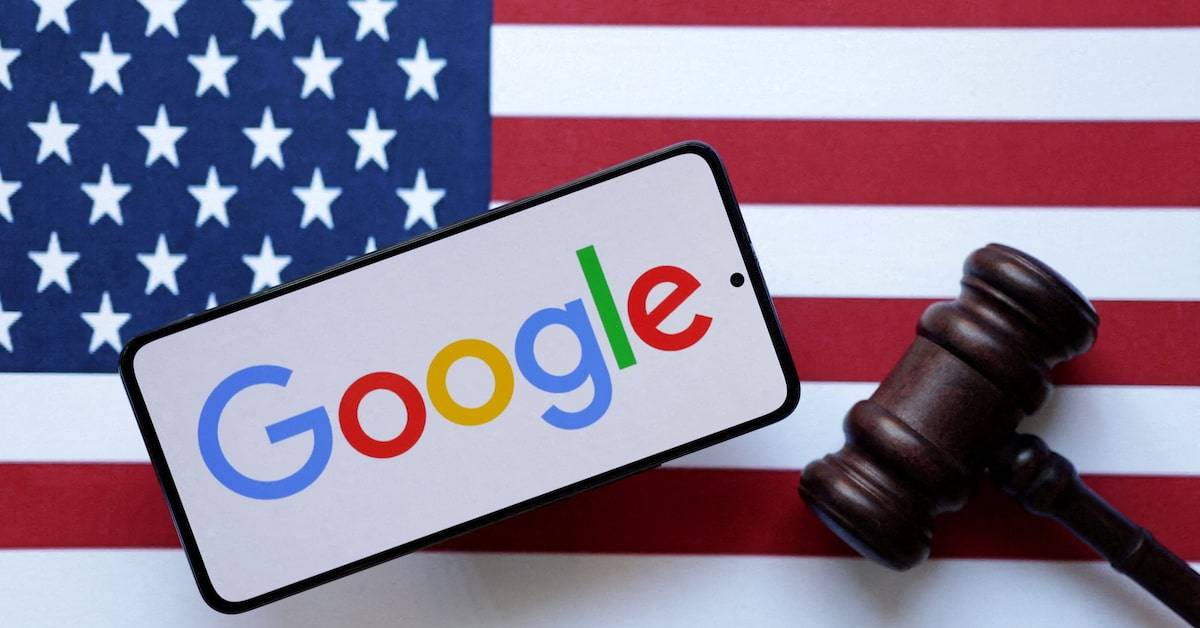US proposes breakup of Google to earn search monopoly.
The U.S. Department of Justice (DOJ) has proposed a series of remedies to curb Google's dominance in online search, including the sale of Chrome, the world's most popular web browser.
In a court filing submitted late Wednesday, government lawyers urged District Judge Amit Mehta to compel Google to cease its exclusive agreements with companies such as Apple and Samsung, which make its search engine the default option on numerous smartphones and browsers.
These proposals follow a landmark ruling in August, where Judge Mehta determined that Google had unlawfully stifled competition in the online search market.
The Department of Justice (DOJ), joined by a coalition of U.S. states, argued in its filing that the proposed changes are necessary to open up a market monopolized by Google.
“Restoring competition to the markets for general search and search text advertising as they exist today will require reactivating the competitive process that Google has long stifled,†the government attorneys stated.
In response, Google criticized the proposals, accusing the DOJ of pursuing a "radical interventionist agenda" that it claims would harm both consumers and the country’s global technology leadership.
“The DOJ’s wildly overbroad proposal goes miles beyond the Court’s decision,†said Kent Walker, Google’s president of global affairs. “It would break a range of Google products — even beyond Search — that people love and find helpful in their everyday lives.â€
Google plans to present its own proposed remedies by December 20, with Judge Amit Mehta expected to make a final decision by the summer of 2025.
According to Statcounter, Google’s search engine dominates approximately 90% of global online searches. Government lawyers argued that this dominance has been bolstered by Google’s control over the Chrome browser and the Android operating system, which direct users to its search engine.
The DOJ’s proposals include forcing Google to divest Chrome and barring the company from re-entering the browser market for five years. Additionally, the DOJ called for court oversight of Android to ensure Google does not use its ecosystem to maintain its monopolies in general search services and search text advertising.
A new administration.
The DOJ's case against Google was initiated in the final months of Donald Trump's first administration.
With Trump set to return to the White House on January 20, questions have arisen about whether his new administration will maintain the same stance on the case.
"It would be unusual for a second Trump administration to withdraw a lawsuit it originally filed," said Rebecca Allensworth, associate dean for research and an antitrust professor at Vanderbilt Law School.
Even if Trump were to attempt to halt the case, which Professor Rebecca Allensworth believes is unlikely, the states listed as plaintiffs could continue pursuing it independently.
"So, given that, they can't make it go away," she explained. "I think the federal government will remain involved, but how aggressively they push and what remedies they seek remains uncertain."
The proposed changes could be crucial for restoring competition in the online search market, according to Professor Laura Phillips-Sawyer of the University of Georgia School of Law.
Google’s dominance in search, she noted, has allowed the company to collect user data that enhances its search algorithm and fuels its text ad sales.
“However, those contracts also block any new entrants in search from securing distribution channels. Without a viable path to reach consumers, no one will invest in such innovation,†Professor Phillips-Sawyer added.
She believes that if Judge Mehta approves the government's proposals, both existing competitors and new entrants could have an opportunity to succeed.




No comments yet
Be the first to share your thoughts!